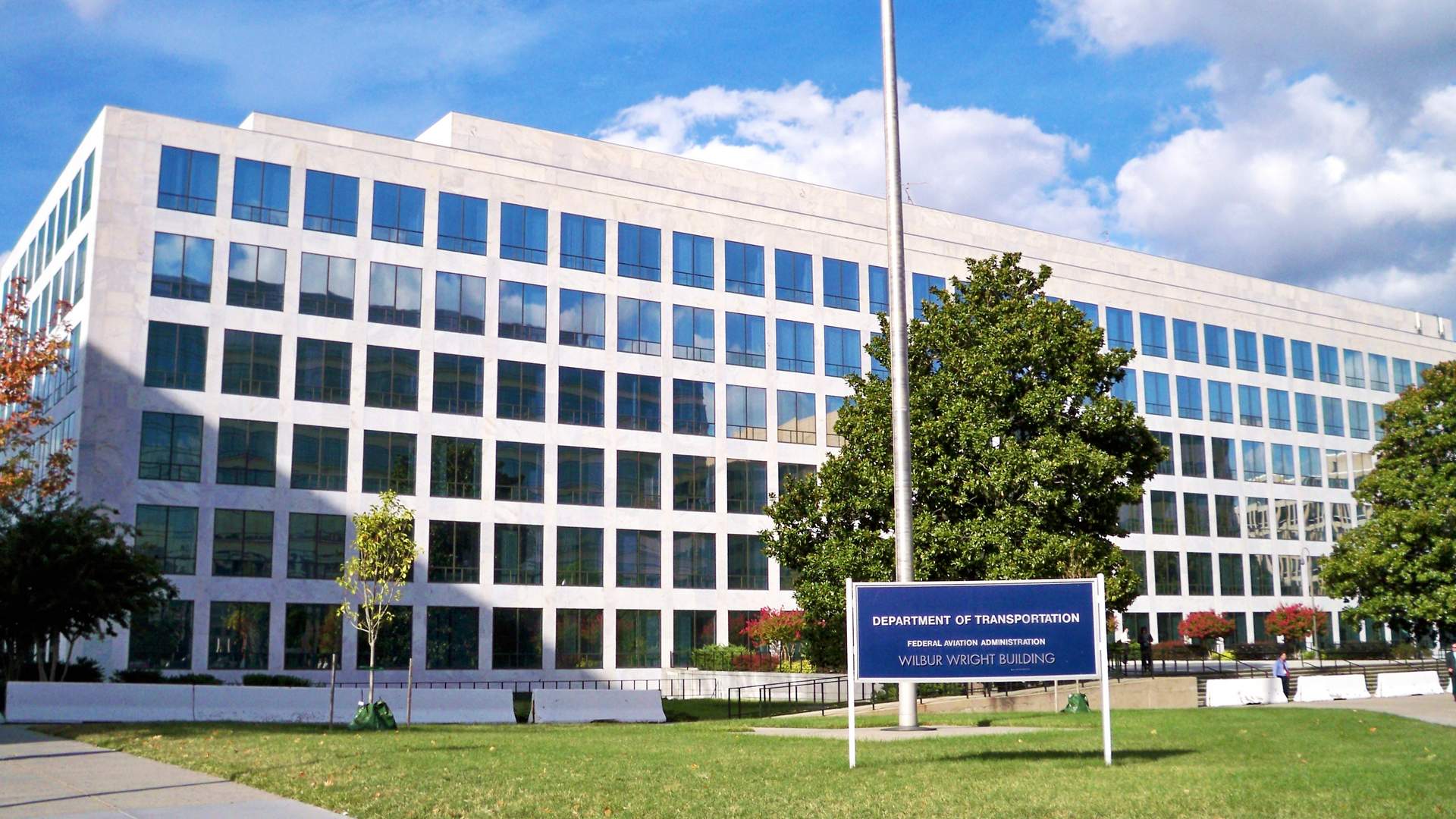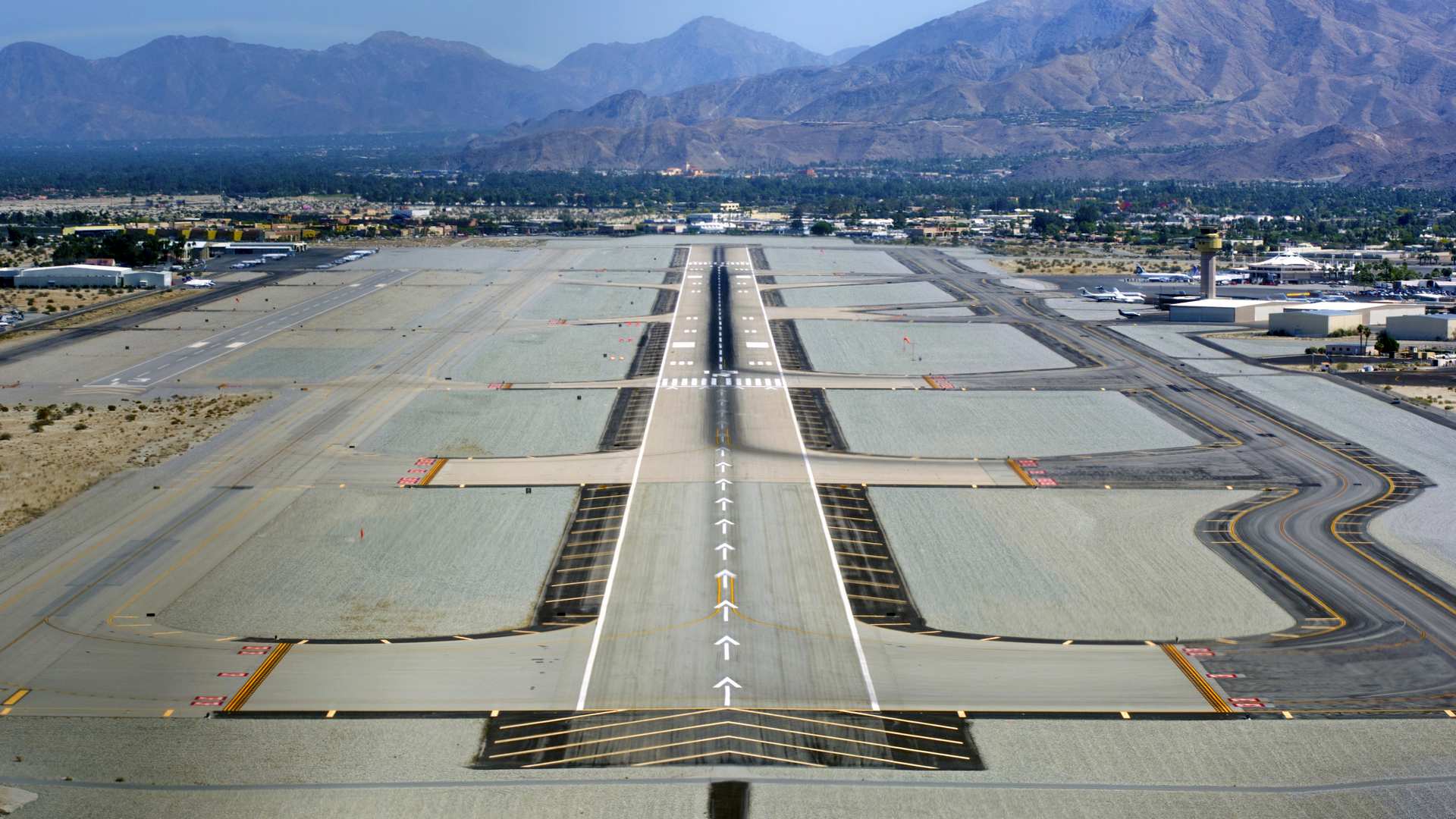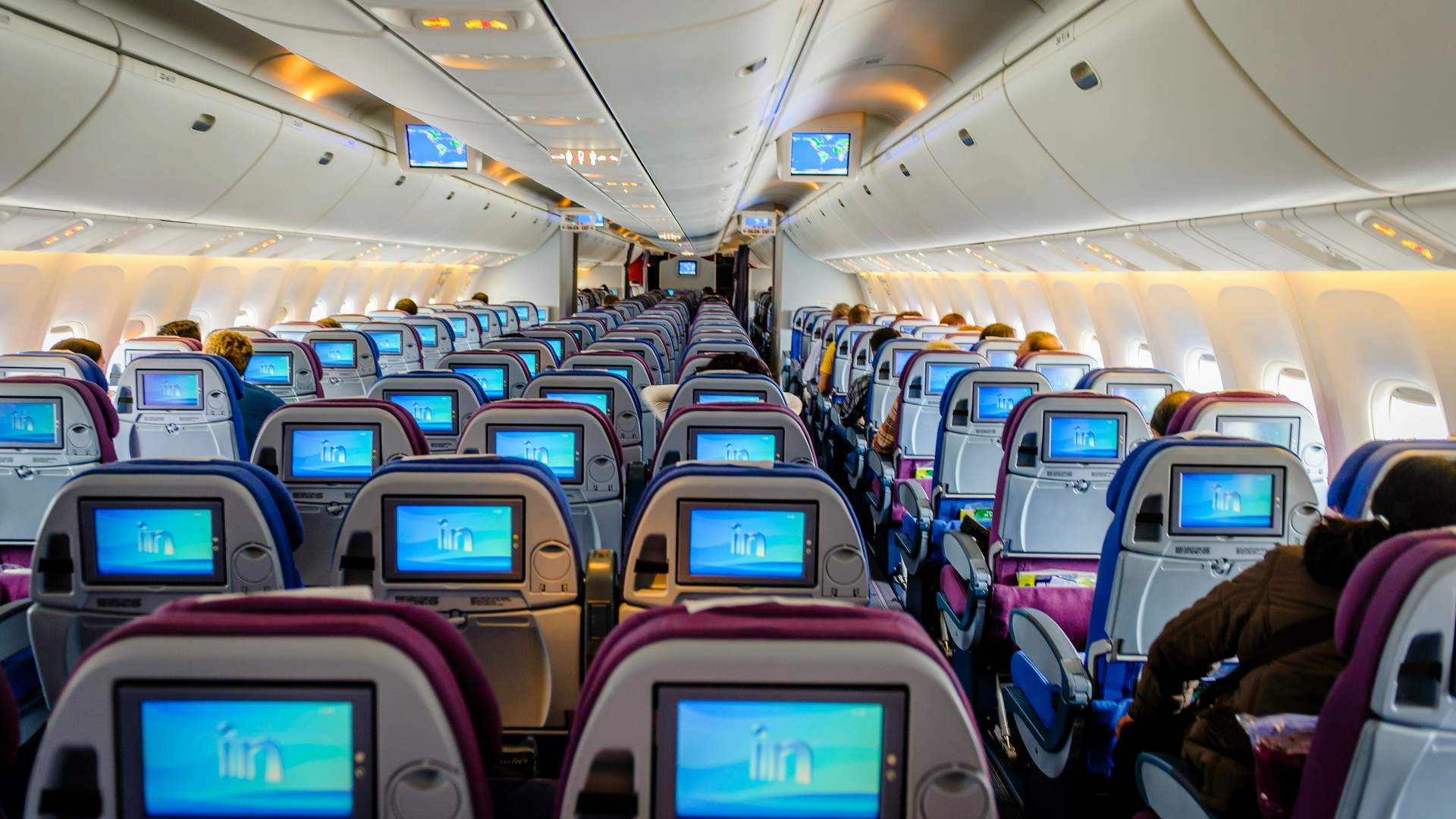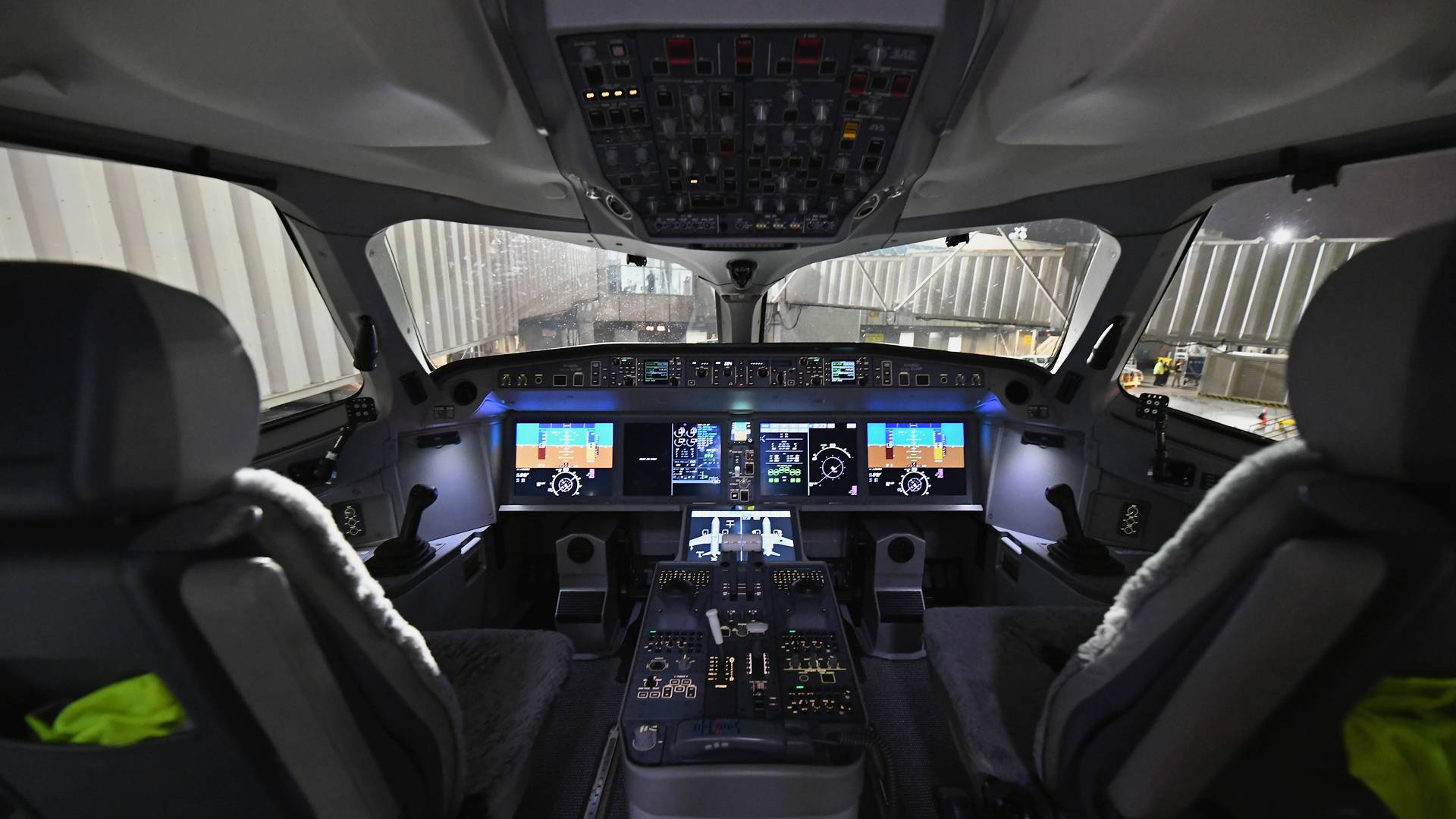The FAA got a five-year reauthorization from the U.S. Senate, with broad bipartisan support, solving many legal and regulatory loose ends.
In recent years, U.S. lawmakers only reauthorized the FAA for short periods. This slowed down the approval of a number of new regulations, and it made it harder for the agency to pursue certain improvements, for example in air traffic control. It may also have had a role in the FAA’s ability to certify new aircraft.

The bill went through the Senate last Thursday, in a vote of 88 to 4. Along with the FAA, the NTSB also got its own reauthorization. However, it is still necessary for the U.S. House of Representatives to vote on the bill in its final form.
Still Some Work To Do
This should happen in the coming week. Strong bi-partisan support in the Senate suggests that this shouldn’t be a problem. Then it will go to the U.S. President, for final approval. In any case, the FAA also got a temporary one-week reauthorization, to give time for the five-year bill to go through.

A few things are missing from the new FAA reauthorization, that some regulators and other stakeholders hoped to see. For example, the mandatory pilot retirement age will NOT go up to 67 years, from the current 65-year-old limit, to help with the pilot shortage.
Also, the new reauthorization doesn’t force the FAA to establish minimum passenger seat sizes or a minimum seat pitch. The FAA has previously stated that it doesn’t consider this matter to be a safety concern.

FAA Reauthorization – Better News
However, the new FAA reauthorization contains other measures, including funding to increase air traffic controller staffing. There are also provisions for traffic monitoring and alerting equipment for more airports, to help avert close-call incidents.
In other good news for the flying public, airlines in the United States won’t be allowed to charge extra, for families to sit together on flights. The new FAA reauthorization also gives flight vouchers and credits (that airlines offer to compensate for delays, etc.) a mandatory 5-year duration.

Elsewhere, the new bill aligns the United States with the European Union by requiring Cockpit Voice Recorders (CVRs) to have a 25-hour recording duration. This should help the investigation of aviation incidents, where an aircraft departs after the incident.
Finally, the new FAA reauthorization bill adds five return flights (10 slots) at Ronald Reagan Washington National Airport (KDCA), at the request of several legislators. But in a separate development, the FAA had to delay the implementation of new minimum rest rules for air traffic controllers, because of staffing concerns.



